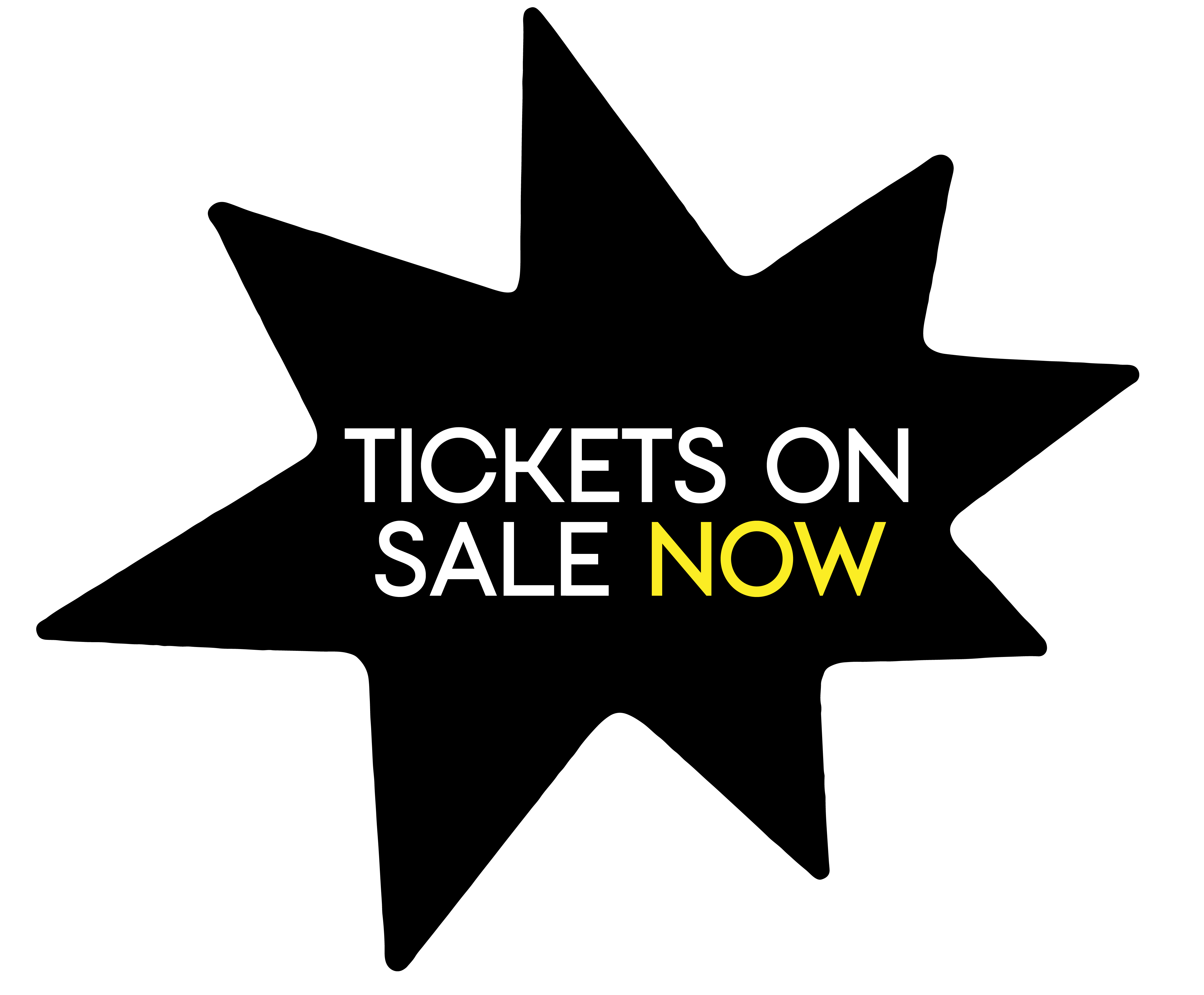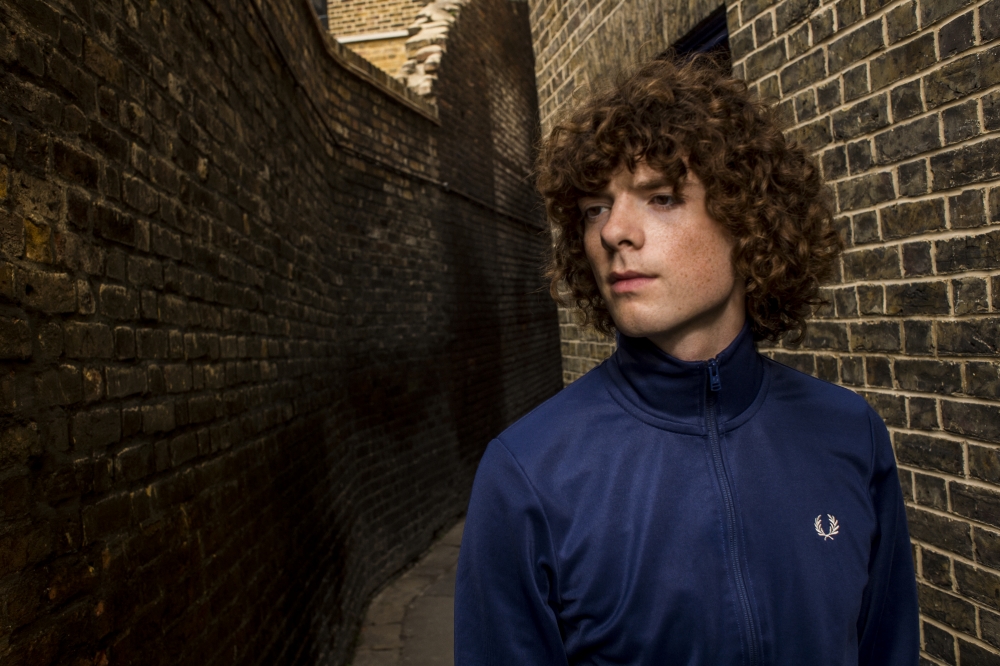DYLAN JOHN THOMAS
If you ever sit down to talk to Dylan John Thomas, his passion and belief in the power of music
and songwriting is infectious.
Settling into the corner of riverside pub in East London to discuss his astonishing debut album,
no sooner is the 25-year-old Glaswegian’s drink on the table than he’s launched into a lengthy,
eloquent soliloquy on the lyrical genius of Leonard Cohen, drawing comparisons with Bob
Dylan and Donovan and burrowing into the crux of the hard-earned truths Cohen has passed
onto Thomas.
“Sorry,” Thomas catches himself after a while. “I’ve gone off on one there.”
It’s not hard to see where his zealotry comes from. Growing up in care in Glasgow, music was a
lifeline to the young Thomas, helping make sense of the chaos around him and the emotions and
thoughts churning inside.
“I was playing PlayStation in the foster home, a Tony Hawk game, and Ring Of Fire came on and
that was it. That was my jumping off point,” he recalls. “The drama and the melody, the trumpets
and the rhythm... I was obsessed. I was only ten at this point, but I went back and looked into
Johnny Cash and then through that, Simon and Garfunkel, The Beatles, Mark Knopfler, Lindsey
Buckingham. I became obsessed with it.”
That obsession saw Thomas methodically learning finger picking styles and the components and
tools the great songwriters had honed. Much more than just a hobby, however, it gave him focus
and an escape from his surroundings.
“How hectic the foster house was growing up, there was a cathartic element to be able to craft
away and play tunes and have that escapism and be able to put all my focus on it. I was
diagnosed with ADHD around that time as well and I was just hyper focused on it. It gave me
escape from being in that environment, just being able to focus on the guitar,” he recalls. “I know it
sounds like a cliché, but it’s the truth. It gave me a bit of peace in an otherwise chaotic and
uneasy environment.”
Not only did playing music provide Thomas with a haven, but it gave him the tools and an outlet to
make sense of his feelings and his past growing up in care since he was four years old.
“As I got older, I had the ability to write and that gives you the ability to be able to handle your
emotions, to be constantly reflecting and digging into the deepest parts of you. Having a guitar let
me do that,” he reflects. “A lot of my mates who I grew up with never really dealt with anything, but
being able to write, even when the songs were rubbish, gave me an understanding and I learned
the vocabulary to be able to get things out. I never spoke to anyone growing up, it was just me and
my guitar. But if that emotion hits you, if you keep your tools sharp enough, you’re able to grab that
emotion and that energy and craft it into something worthwhile.”
Armed with a clutch of self-compositions, Thomas took to the streets of Glasgow to try and learn
how to be a performer. It was a baptism of fire but gradually, day after day, he learned how to win
people over and further sharpened his skills as a writer and performer.
“The only reason I started busking was because I knew I was shite and the only way I was going
to get better was for me to be playing in front of people every single day,” Thomas recalls. “I got up
at five in the morning and played every single day for years. If it wasn’t for that I wouldn’t be able
to go on tour and play in front of people. If you can deal with that, then you can play in front
of anybody.”
It was around this time Thomas met Gerry Cinnamon, then himself still an aspiring songwriter
running live nights in a local pub. Cinnamon took Thomas under his wing, bringing him on tour
when Thomas was only 17 and offering something more than just being a musical mentor:
friendship.
“He became like an older brother to me,” says Thomas. “I could talk to him, not just about music,
but about everything.”
Building his fanbase from the grass roots up, Thomas’ own career began to snowball through word
of mouth and good old-fashioned graft. People he’d won over playing support slots started coming
to his own shows, the venues got bigger, culminating in a headline show at Glasgow’s fabled
Barrowland, and so did the supports as both Ocean Colour Scene and Liam Gallagher invited him
to open for them. As 2019 rolled along, Thomas’ 2019 debut single Nobody Else bore the fruits of
his dedication: a beautiful, wistful tune floating over a mesh of delicately plucked acoustics.
Just as things were starting to come together, however, lockdown slammed the breaks on
everything. Yet, Thomas – as he’s always done – spent his time focusing on his songwriting and
dug even deep into himself. 2021’s resulting, self-titled EP displayed an enormous leap forward.
From the Madness-inspired ska skank of Jenna, through the breezy When I Get Home, it
boasted songs that came unfiltered from Thomas’ life. Feel The Fire’s anthemic strum-a-long
masked a raw, lyrical darkness while the deeply personal Wake Up Ma detailed Thomas’ childhood
with heart-breaking honestly. Last year’s EP2, meanwhile, further widened Thomas’ palette,
including Battle Of Alesia’s Morricone-esque atmospheres and the tumbling The La’s-like melodies
of Fever.
It was precisely those newly hones talents that led judges to award him the prestigious
Breakthrough Artist at The Scottish Music Awards in 2022, where he took to the stage to perform
Fever and What I Need.
All the while, Thomas continued to grow an ever-more dedicated and fervent fanbase through his
shows, winning over audiences across the UK and Ireland, playing the main stage at TRNSMT,
Glastonbury and culminating in his debut performance at Reading and Leeds Festival last summer
in front of a rapturous crowd, followed by a sold out headline tour in the autumn including a further
3 dates at Barrowland due to high demand.
It feels like everything up to this point has been building up to the release of his debut album.
Recorded in Liverpool with his band - Cam Robinson, Liam Cassidy and Steven Liddle - and
produced with Rich Turvey, Thomas’ wit, wisdom and freewheeling spirit sparkle through a set of
life-affirming tunes and choruses than cling to your heart.
Thomas’ growing sophistication as a lyricist and writer is apparent throughout. Champs-Elysees
has a narrative worthy of a film. Rich Boy skews a classic prince and the pauper narrative with a
sly wink and a killer chorus, while Melancholy’s Cure mixes an irresistible, upbeat tune any
milkman within 15 yards could whistle with what soon reveals itself to be a far less straightforward
tale of lost love and heartbreak.
“I love the juxtaposition between lyrics and the melody,” he says. “It’s like Feel The Fire; the lyrics
on that wouldn’t be out of place in a Nick Cave song, I’m singing about some of the darkest things
I’ve ever felt, but when I play it people are always banging about to it. It makes me laugh.”
Sonically too, Thomas’ sound stretches out over more horizons than ever before. Both the
aforementioned What I Need and heart-swelling Lovely Day boast melodic sophistication The
Beatles would be proud of, while Up In The Air is a Mexican standoff thundering over a ridge of
ska beats before landing in a reflective acoustic lament. Yesterday Is Gone, meanwhile, brings in
new shades and colours as Thomas underlays twinkly synths underneath his bittersweet vocals.
The raw honesty of Wake Up Ma - represented here in a spine-tingling live version recorded live in
Glasgow - is further explored on Now and Then. Redolent at times of Jackson C. Frank’s aching
Blues Run The Game, it addresses Thomas’ relationship with his late father with a directness that
is both startlingly unsentimental and heart-wrenching. It’s a remarkable piece of songwriting.
“It was the first time I’d really written about it and what happened,” he says, before reflecting on
how turning his own experiences into songs has struck a chord with listeners. “So many people
who have grown up in care or work in care homes have gotten in contact to say how much the
tunes have helped them,” he says. “For me, to be able to talk about things that other people have
experienced, that means more than anything else. What matters the most is that people can relate
to these songs.”
Relating to these songs is precisely what people are doing and one day - maybe sooner than he
might think - they’ll be sitting down to talk about them in just the same way Thomas talks about the
music that changed his life. You’d put money on it, in fact.






